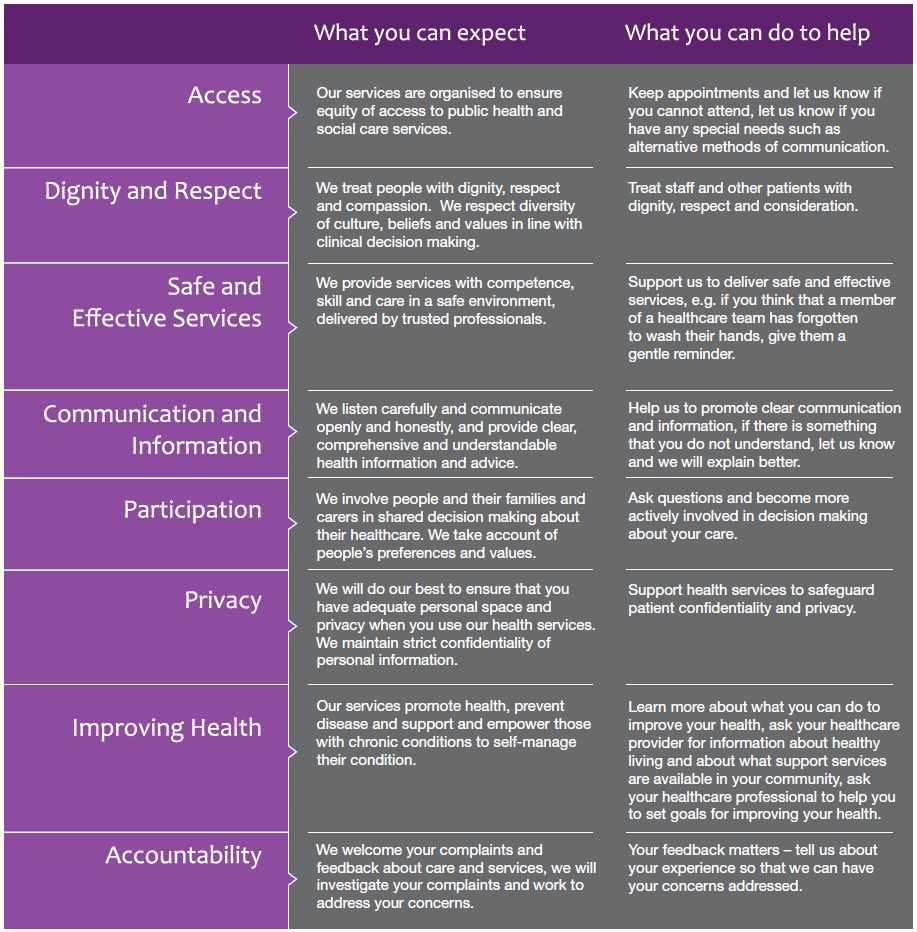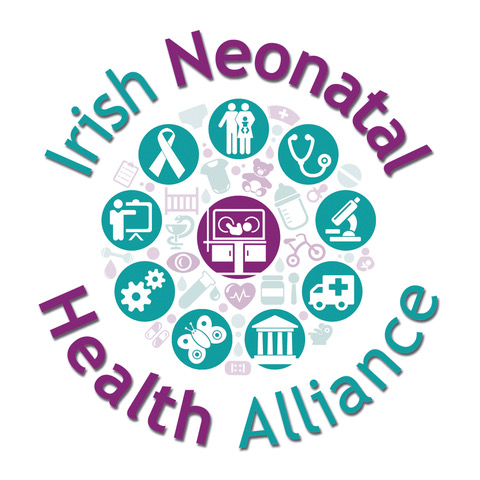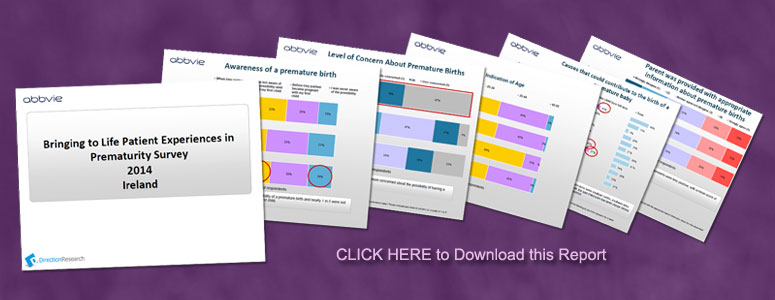INHA Advocacy & Policy Ireland
Positive steps for prematurity
In 2011 Ireland’s inaugural benchmarking report on prematurity was published. The report called “Positive Steps for Prematurity” was the result of the collaborative efforts of Healthcare Professionals working in the field of Neonatal Care in Ireland with contributions from our Director of Advocacy and Policy Making, Mandy Daly. The report mapped the landscape of prematurity in Ireland and 5 key recommendations were identified that would improve the care delivered to our preterm infants in Ireland.
These recommendations were:
Develop and implement a targeted public policy on neonatal health, with the active engagement of healthcare professionals and parents.
Increase general awareness of prematurity (its health, social and economic implications).
Develop and implement a National Prevention and Screening Programme for high risk pregnancies.
Take active measures to improve neonatal workforce education and neonatal units staffing in order to meet international standards.
Extend the Neonatal Transport Programme to a 24 hr service to ensure adequate coverage and patient access to emergency and quality care as needed.
The report was included in the European Benchmarking Report “Too Little Too Late” published by the European Foundation for the Care of Newborn Infants (EFCNI).The report provides an overview on the impact of preterm birth across Europe and paints a compelling picture of the differences that exist in levels of care and the lack of national health strategies concerning maternal and newborn health.
CLICK HERE for this report from efcni.org This is a link from INHA Policy and Action. End of 1st section. I cannot find it on their website
National Neonatal Transport Service
The National Neonatal Transport Service is a rapid response service for the transport and stabilization of premature/ill neonates who require transfer to a tertiary centre for intensive specialized care. The aim of the programme is to bring to the point of retrieval a level of care akin to that of a neonatal tertiary centre. The first patient was transported in March 2001 and the service operated from 9am to 5 pm Monday- Friday.
The Irish benchmarking report “Positive Steps for Prematurity” in 2011, recommended that the neonatal transport service be extended to a 24 hour service.
The Neonatal Clinical Lead, Prof. John Murphy, National Maternity Hospital, the Neonatal Nurse Clinical Lead, Hilda Wall, National Maternity Hospital and Patient Representative, Mandy Daly (INHA) appeared before the Joint Oireachtas Committee for Health and Children in November 2012 to seek additional government funding to support the extension to the service. A 10 minute short film was produced by Mandy Daly with the financial assistance of an industry partner to support the campaign.
The following short film was made by the INHA for World Prematurity Day 2014 to highlight the need to expand the existing service to include a Retro-Transport Service.
Download or view The National Neonatal Transport Programme
Patient collaborator with the National Transport Medicine Programme
In July 2013, the INHA were invited to join the National Transport Medicine Programme as patient collaborator.
The primary objective of the National Transport Medicine Programme (NTMP) is to establish a comprehensive Retrieval/Transfer system for seriously ill babies, children and adults throughout Ireland. It is about getting the right patient, to the right care, in the right condition, in the right time and involves the timely Retrieval/Transfer of critically ill or severely injured patients by an appropriately trained and skilled team of health professionals.
The NTMP is funded by the HSE and brings together Critical Care, Anaesthesia, Emergency Medicine, Acute Medicine, Acute Surgery, Paediatrics, Obstetrics, Neonatology, Nursing and Midwifery, National Ambulance Service (NAS), Primary Care and Patients under a single programme structure. A Steering Committee is to be chaired by Dr Jeff Perring, Director of PICU, Sheffield Children’s Hospital. The Clinical Lead for the Transport Medicine Programme is Dr . The goal is to guide the development and implementation of a national Retrieval/Transfer system.
Retrieval involves a team travelling to the patient, stabilizing the patient and returning with them to the Hospital the team is based at, or other appropriate Hospital.
Transfer of a patient occurs from a referring to a receiving Hospital. Low acuity patients are transferred by NAS and by Private Ambulance services. Higher acuity patients are additionally accompanied by a Nurse, and when required a Physician, from the referring Hospital.
What is funded by the NTMP?
National Neonatal Transport Programme (NNTP)
- Establishment of a 24/7 service from Dublin – COMPLETED
Paediatric
Adult
- Expansion of Mobile Intensive Care Ambulance Service (MICAS) to 8 to 8, 7 days per week to operate from Dublin.
- Establishment of an 8 to 8, 7 days per week service to operate from Cork and Galway.
- Establishment of Intermediate Care (IC) Ambulances in Drogheda, Sligo, Castlebar, Limerick, Tralee, Bantry and Waterford.
- Development of an Adult Transport Medicine Training Course.
What the National Transport Medicine Programme means for patients;
- Enhanced access to high level health care services for a wider proportion of the population.
- Safe Retrieval/Transfer of severely injured/critically ill patients for Critical Care and other specialist care in tertiary hospitals.
- Enhanced clinical outcomes for severely injured / critically ill patients due to earlier appropriate decision to transfer, stabilisation prior to transport and specialised care en route.
- Savings due to a reduction in Average Length of Stay (ALOS) for affected categories of patients across the Clinical Programmes.
- Optimising utilisation of resources within the national health service.
- Capital and regional based Retrieval teams/services will be an efficient and effective strategy for providing workforce support to regional and outlying hospitals.
The NTMP has now been superseded by the National Ambulance Service Critical Care and Retrieval Services (NAS-CCRS) – www.nasccrs.ie. This new entity embodies the National Neonatal Transport Programme NNTP, The Irish Paediatric Acute Transport Service IPATS and The Mobile Intensive Care Ambulance Service MICAS and the INHA continue in their role as patient collaboratro with NAS-CCRS.
Premature Birth & Maternity Benefit
Following a 10 month lobbying campaign which began in 2016, the INHA submitted a petition with over 58,000 signatures and a comprehensive report to government in 2017 which led to a review of the existing legislation pertaining to maternity leave in Ireland. From October 2017 the period for which maternity benefit is paid was extended in cases where a baby is born prematurely. The extended period of benefit is equivalent to the duration between the actual date of birth of the premature baby and the date when the maternity leave was expected to commence (i.e. ordinarily two weeks before the expected date of birth). INHA Maternity Review Document
Model of care for neonatal services in Ireland
Dr. John Murphy, National Neonatal Clinical Lead and Neonatologist at the National Maternity Hospital, Holles St, Dublin 2 launched the Model of Care for Neonatal Services in Ireland at the World Prematurity Day Medical Symposium hosted by the INHA in Dublin on November 13th 2015. The aim of the document is to describe the services that should be provided at each level of neonatal care nationally, to inform future service planning and developments and to eliminate duplication and fragmentation of services.
The INHA were delighted to have had the opportunity to contribute towards the content of this blueprint document which provided a vision for the future of neonatology in Ireland and described how this vision can be implemented.
The Model of Care for Neonatal Services in Ireland document.
The National Childrens Healthcare Charter 2013
The National Healthcare Charter, which is titled You and Your Health Service was developed with input from many interested parties including representation from the Irish Neonatal Health Alliance, patient advocacy groups and individual advocates.
It is part of a series of quality improvement initiatives designed to involve service users in influencing the quality of healthcare in Ireland.
You and your Health Service – What is it?
You and Your Health Service is a Statement of Commitment by the HSE describing what service users can expect when using health services in Ireland, and what they can do to help Irish health services to deliver more effective and safe services. It is based on eight principles which underpin high quality, people-centered care. These principles have been identified through a review of national and international patient charters and through wide consultation with the Irish public.
It aims to inform and empower individuals, families and communities to actively look after their own health and to influence the quality of healthcare in Ireland.
You and your Health Service – What does it do?
- It outlines supporting arrangements for a partnership of care between everyone involved in healthcare-patients/service users, families, carers and healthcare providers.
- It supports a healthcare culture that delivers health and social care services in a predictable, preventative, personal and participatory way.
- It recognizes that there are different roles and responsibilities for both service users and healthcare providers.
- It promotes the importance of service users as individuals with diverse needs and not just a medical condition to be treated.
- It applies to all public health and social care services, including community care services and acute hospital service.

Bringing to life the patient experiences in prematurity
In 2014, the “Bringing to Life The Patient Experiences in Prematurity” patient survey was conducted to highlight the gaps that continue to exist in the delivery of information and services to families affected by a preterm birth. The results of the survey were presented at the World Prematurity Day Event in November 2014.
Rapid Health Technology Assessment of immunisation against Respiratory Syncytial Virus in Ireland.
In June 2024 the INHA was a member of the Expert Advisory Group providing advice to the Department of Health on immunisation against RSV in Ireland for the 2025/2026 season.


